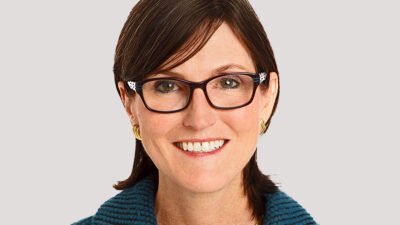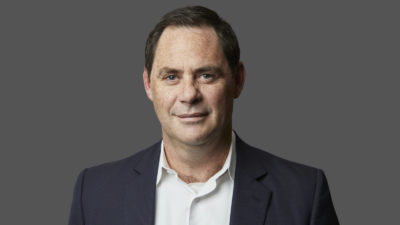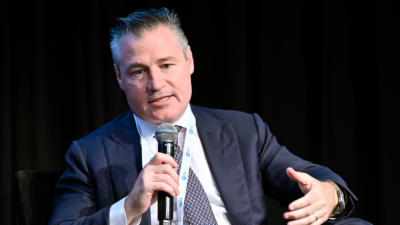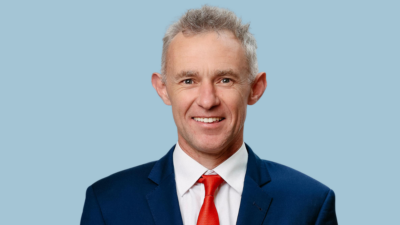Australian Retirement Trust has warned that introducing more granularity into the YFYS test might only confuse members and that funds will incur greater transaction costs as new benchmarks are added to it.
Just two years after selecting State Street as its custodian, Perpetual is deciding whether to take its business elsewhere in the wake of its acquisition of global fund manager Pendal.
After a punishing innings for her flagship ETF, ARK Invest founder Cathie Wood thinks investors need to stop living in the 70s. This time next year the Fed will be “running in the opposite direction” and deflation will dominate the market.
Active Super and Vision Super will press ahead with a merger that will “lower costs and improve member services” in a sign of the times for smaller super funds.
Investors have negative outlook “fatigue” and are tired of being cautious. But a large chunk of asset price falls have been due to earnings misses, and the lagged impact of monetary policy means the risks are still out in front.
Boutique fund manager Alphinity has struck a partnership with the CSIRO to develop a new framework to assess responsible artificial intelligence practices and ESG considerations.
The collapse of a built-in bull market has put more pressure on asset managers according to a new report, which will need to make “transformational changes” to enjoy the profitability and growth of years past.
Industry super fund owned IFM Investors and ISPT are exploring a merger at the request of their shareholders amidst a challenging outlook for commercial property.
More damage is done by consensus longs than short reports that shake company valuations according to Perpetual’s Anthony Aboud, who argues that investors stuck in underperforming stocks would have preferred a second opinion when they bought it.
The last 12 months have been challenging for Australian Retirement Trust, but the amount of noise in the market has been “quite productive”. It’s also shown that when it comes to unlisted assets, price is more volatile than value.















